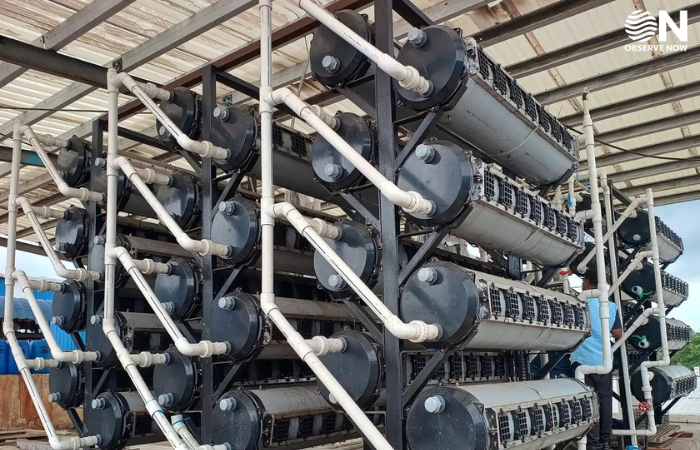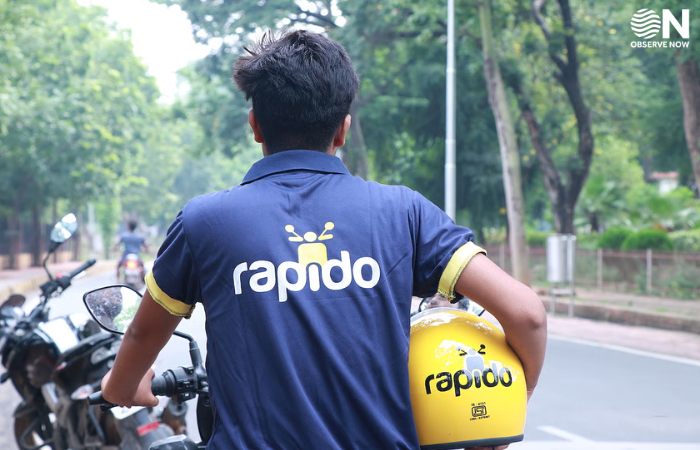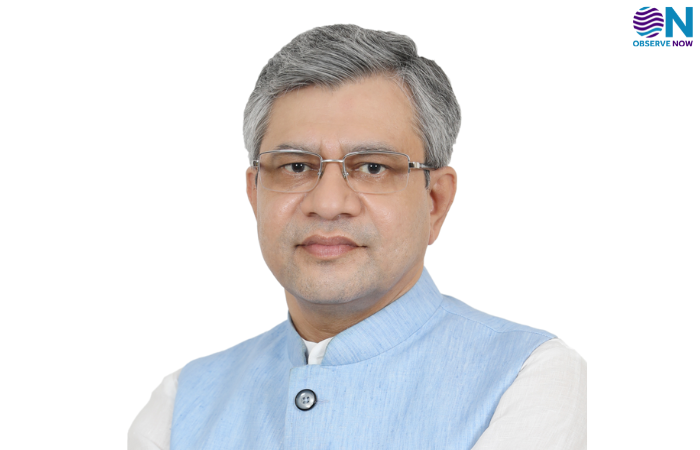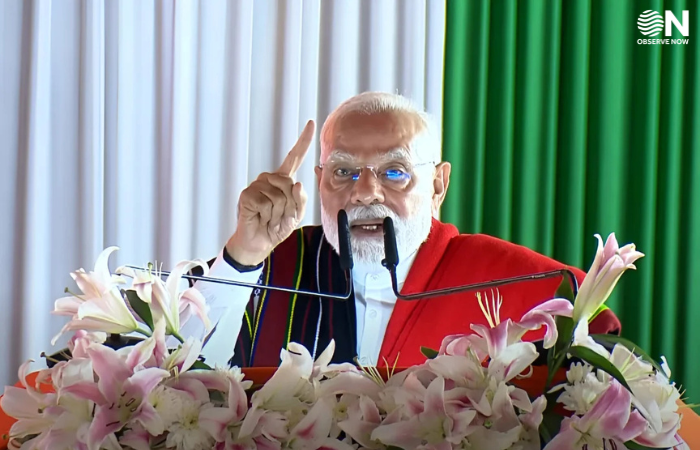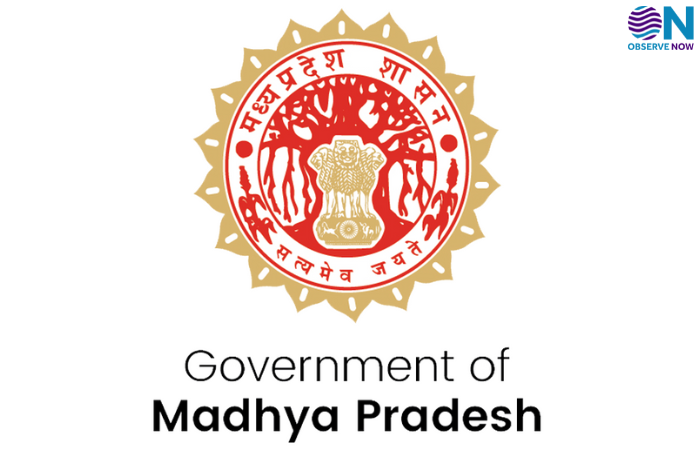Donatuz Launches AI-Led Monetisation Platform for Creators
Bengaluru-based startup Donatuz has introduced an AI-powered platform designed to help digital creators streamline their income generation and build direct connections with audiences. The platform, currently in beta, brings together key monetisation tools — subscriptions, community memberships, live interactions, and digital product sales — under a single dashboard.
Since its soft launch, Donatuz has already onboarded around 70 creators across content categories such as gaming, lifestyle, and entertainment, along with a growing base of more than 12,000 users. The platform’s AI layer offers creators actionable insights, audience engagement recommendations, and automated support to help them optimise both content and revenues.
Donatuz’s revenue model is built around a 12% commission on creator earnings. According to founder and CEO Maslin Edwin, the company aims to address a long-standing challenge in the creator economy: overdependence on brand collaborations for income. By providing multiple streams of monetisation, Donatuz seeks to make creators’ earnings more predictable and sustainable.
The launch is timely, as India’s creator economy continues to grow at a rapid pace, with millions of independent creators seeking platforms that provide transparency and control over their audience relationships. Traditional monetisation often forces creators to manage multiple tools, from subscription platforms to community apps and payment processors. Donatuz centralises this entire process, allowing creators to focus on producing engaging content while the platform handles monetisation, analytics, and user management.
Industry experts view Donatuz as part of a new wave of startups focused on creator empowerment and decentralisation, offering creators more direct ownership of their work and audience data. With early traction and a clear focus on AI-driven efficiency, Donatuz is positioning itself as a serious player in India’s fast-expanding digital creator landscape.







